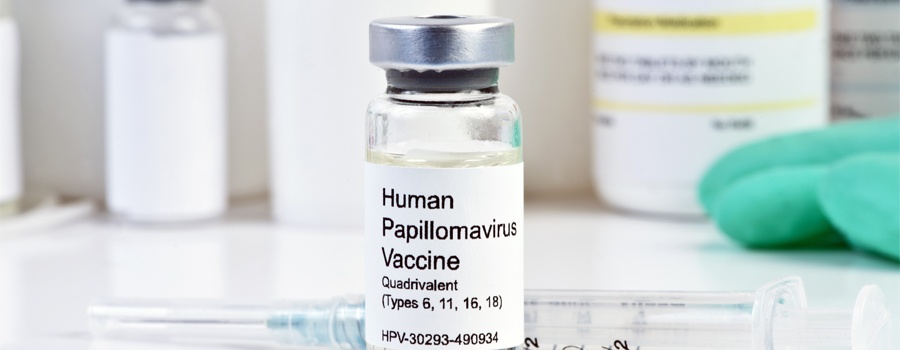MOBILE (March 19, 2019) — USA Health researchers studying HPV vaccination rates in Alabama have made a surprising discovery: Counties with higher rates of HPV-related cancers also showed higher HPV vaccination rates, according to research presented recently at the Society of Gynecologic Oncology’s Annual Meeting on Women’s Cancer.
“It was exactly the opposite of what we expected,” said Dr. Jennifer Young Pierce, who heads Cancer Control and Prevention at USA Health Mitchell Cancer Institute. “We found that the higher the rate of cancer in the county, the higher the rate of vaccination.”
The research was one of 12 studies accepted for oral or poster presentations at the national meeting.
The study sought to explore the reasons why vaccination rates for human papillomavirus (HPV) vary so widely among counties in Alabama, from 33 percent to 66 percent. Researchers expected to find lower vaccination rates in rural counties with fewer physicians and in counties with low incomes, which would have been consistent with national reports from the U.S. Centers for Disease Control and Prevention.
However, the data showed little difference in HPV vaccine uptake between urban and rural counties, and between affluent and poor ones. The seven counties with the highest HPV vaccination rates were both rural and low income, Pierce said. “The main takeaway is that perception of high cancer risk overcomes traditional disparities that can affect HPV vaccine uptake.”
Meanwhile, the study also found higher HPV vaccination rates among residents who receive government-funded health care and the highest HPV rates in some counties that have no pediatricians.
The HPV vaccine protects against a variety of cancers in men and women, including cervical, vulvar, vaginal, penile, anal and head and neck. The vaccine is recommended for boys and girls ages 11-12, with catch-up to age 26.
About Mitchell Cancer Institute
As the region’s only academic cancer center, USA Health Mitchell Cancer Institute combines NIH-funded scientific research with comprehensive cancer care serving communities across southern Alabama, southeast Mississippi and portions of northwest Florida. With three locations, more than 50 clinical trials, and five support groups, the Mitchell Cancer Institute guides patients and their families from the moment of diagnosis through survivorship.
